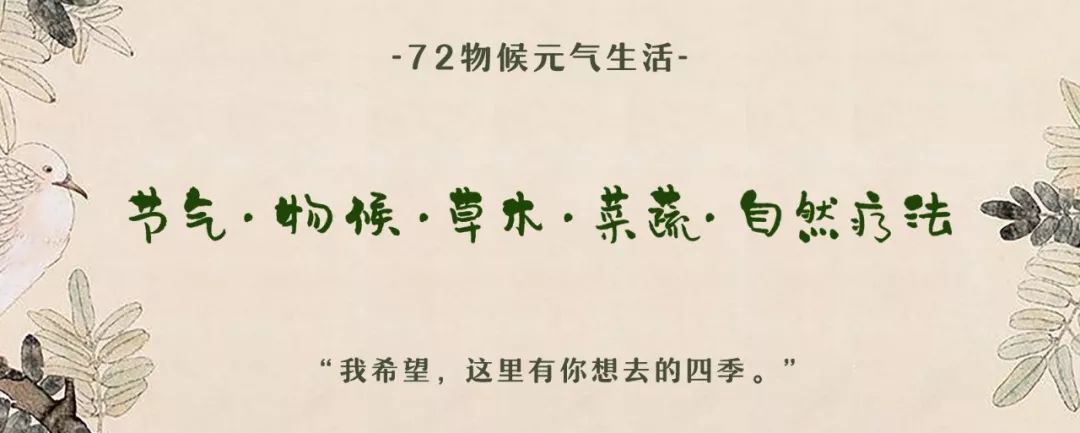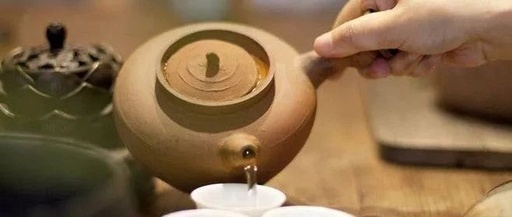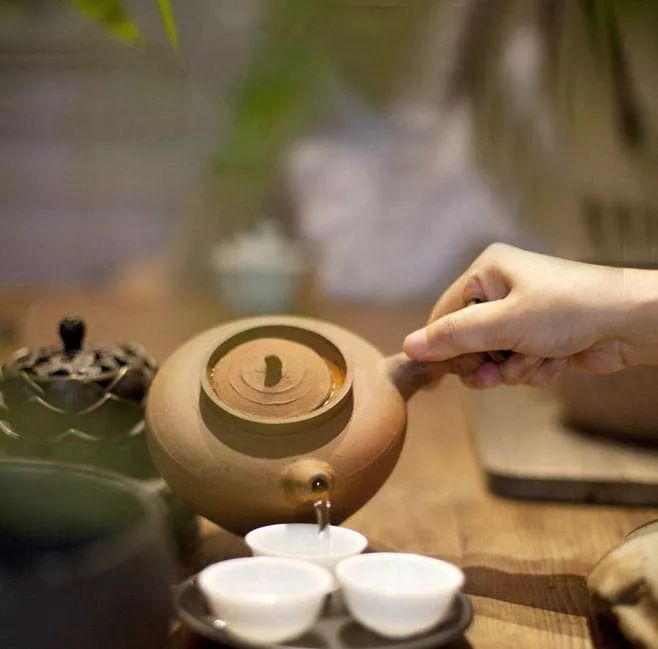
A few days ago, I received a message:
“Many women and middle-aged individuals are drinking large amounts of black tea and white tea, leading to spleen deficiency and lung issues, insufficient qi, morning fatigue, brain fog, and worsening under-eye puffiness, along with frequent eczema and menstrual irregularities.”
After I posted this, many tea drinkers were confused.


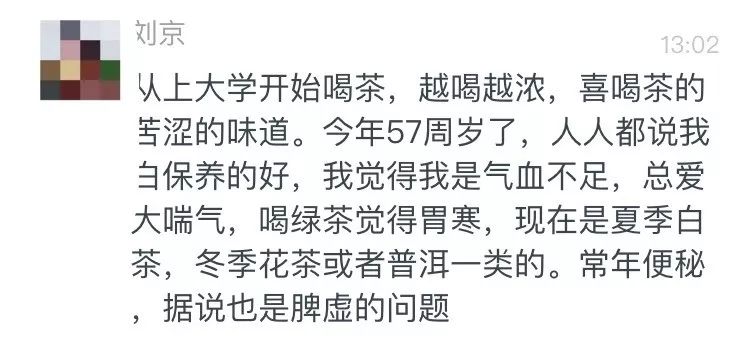
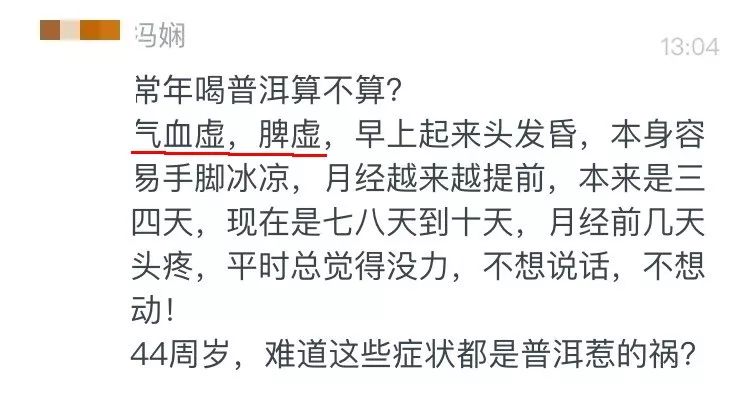

Why black tea and white tea? Why does drinking tea lead to spleen deficiency?

Is your qi and blood unable to balance the “leakage” of tea?
Regarding black tea, the famous Qing Dynasty TCM physician Zhao Xue-min stated in his work “Ben Cao Gang Mu Shi Yi”:
“It is warm in nature and fragrant in taste, produced in Hunan, with brick tea being more prominent. It is bitter and harsh, resolving greasy foods and toxins from sheep and cattle, but should not be used by those with deficiency. Its bitterness clears phlegm and descends qi, promoting bowel movements and relieving diarrhea.”
For the Tibetan people whose staple foods are mainly mutton and heavy oils, drinking black tea is very beneficial as it can resolve toxins from sheep and clear grease. However, it is “not suitable for those with deficiency”; individuals with a lighter diet should also avoid it. If your own “blood and qi” cannot balance its “leakage” power, it is easy to be led astray and develop spleen deficiency.
I believe that if you are not consuming rich and heavy foods daily, there is no need to drink tea every day; just have a cup when you feel like it, treating it as a good remedy for clearing grease and phlegm.
White tea is actually cool in nature and should not be consumed in excess, especially for those with poor digestive systems.However, aged white tea, due to its oxidation and fermentation during storage, transforms from cool to warm, making it much better.
Traditional Chinese Medicine emphasizes the balance of yin and yang, the need for medication to be “not excessive” (overdoing it), avoiding “insufficient” (not enough), and not causing “deficiency to become more deficient”. It constantly emphasizes the maintenance of the body’s righteous qi (constitution and resistance to disease). This applies to medication as well as tea drinking.
If you are a person who drinks a lot of tea every day, whether it is cold green tea or warm black tea, you need to consider one question: Is your qi and blood unable to balance the “leakage” of tea?
If not, then you should reduce the frequency of tea drinking.
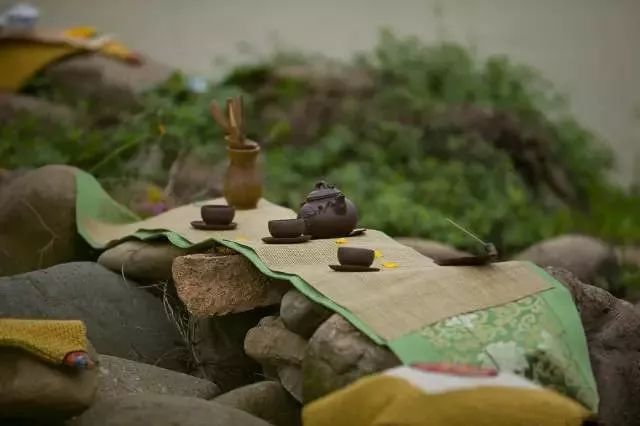
I believe that we should not let drinking tea, especially good tea, become so easy. The rituals of washing hands, burning incense, arranging flowers, boiling water, and brewing tea, and only drinking from small cups… all these tea etiquette practices are meant to make tea less accessible, so that we can truly appreciate its quality.

There are many foods that can clear waste, why must it be tea?
Below is an interpretation of “tea” by ancient TCM researcher Liu Xiyan, published in the WeChat public account “Xiyan Pavilion”. I think he has explained the relationship between tea and the human body very well, and I will extract some key points about drinking tea for your reference.
▼
The nature and taste of tea are generally fragrant, bitter, cold, and cool; the fragrance can disperse, disperse qi, and disperse energy, not supplement energy;the bitterness is cold and cool, and it clears heat, descending and resolving energy.
This shows that the ancient mindset was not as rigid as today, only thinking about supplementation and not about clearing. When we buy things for our home, we also need to clear out waste; if we don’t clear out waste, how can we have space? Tea is responsible for clearing waste.
There are many foods that can clear waste, why must it be tea?
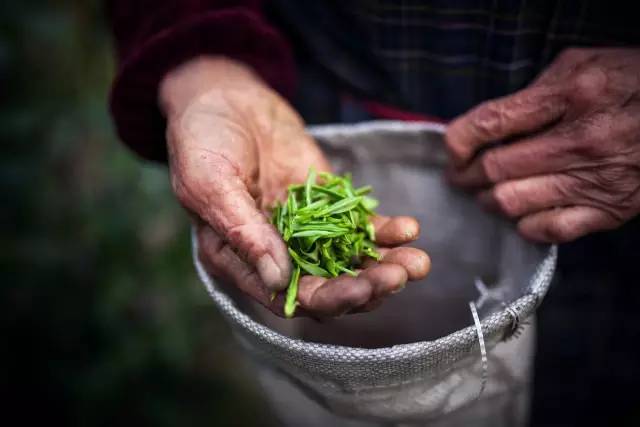
Tea is special; it has all flavors: fragrant, sweet, bitter, bland, and astringent, and they are all moderate, not too strong. This means that it achieves a balance in its clearing energy, making it less likely to lead the body in a biased direction, allowing for long-term consumption. Finding something that achieves “balance” is rare in nature; for example, only rice and barley can be found among grains, while other foods are hard to replace, which is why the ancients valued tea so much.
This is actually a matter of harmony. This reflects the ancient way of thinking. Nowadays, people like to understand tea leaves in terms of their elemental content, which limits the understanding of tea, generalizing it. If it were only about those elements, tea would not be so important; other foods could also provide supplementation.
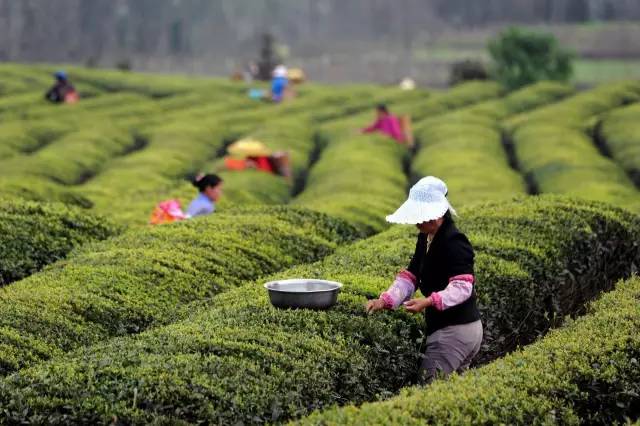
The fragrance in tea can disperse, expelling evil qi upwards and promoting clear qi;the bitterness descends, clearing turbid heat;therefore, people with bad breath feel refreshed after drinking tea. Another main flavor of tea is bland, which promotes urination and resolves dampness. What does bland taste like? Cooking red beans and coix seeds in water is a typical bland flavor; bland is the power of downward penetration.
Thus, tea can both ascend and descend, achieving a natural balance, and is unlikely to cause biased depletion in the body.The wisdom of the ancients is profound; after finding such a balanced substance, they used it as a daily cleansing agent. Because it is a cleansing agent, we advocate drinking tea after meals and do not recommend drinking on an empty stomach, as it can harm the spleen and stomach.
Some teas also have more pronounced biases. For example, Bi Luo Chun, which is known for its bitterness, is mostly produced in the southeastern region, where the south is associated with fire and the east with wood. The rising energy of the southeast is dominant, making it suitable to drink Bi Luo Chun, which descends bitterness. You see, nature has arranged this yin-yang balance.
Another example is Pu-erh tea, which is known for its blandness; its penetrating power is strong, and when we say Pu-erh clears grease, we are referring to this bland penetrating power.Pu-erh is mainly produced in Yunnan, a plateau region characterized by high altitude and low air pressure, where the body’s original qi tends to disperse upwards. Thus, we observe that people from plateau regions often have rosy complexions, while those from low-lying Jiangnan regions tend to have thinner faces. Drinking Pu-erh tea in plateau areas uses this downward penetrating energy to gather and descend. Therefore, drinking tea according to your region generally should not pose any problems.
When drinking tea, one should also pay attention to the choice of cold and hot. Many people ask me, if the body is deficient and cold, making it unsuitable to drink tea, but they really enjoy it, what should they do? In this case, they can choose to drink some oolong tea. Oolong tea, through fermentation, mitigates its cold nature.
If a person with a very cold body wants to drink tea, what should they do?They can drink ginger tea; the ancients also had the habit of drinking pepper tea. This involves boiling ginger and Sichuan pepper together in tea, both of which are warming substances.
[Note from Hua Hua] When it is confirmed that there is cold qi in the lungs, ginger tea can be consumed; if it is confirmed that there is cold qi in the bladder meridian, longan and red date tea can be used to assist the body in expelling cold qi.
If the body is congested and does not sweat easily, one can drink some aged white tea.Aged white tea has a certain astringent feeling, which is actually equivalent to the effect of opening the orifices in medicine, similar to Ma Huang.
I once had a good aged white tea at a friend’s place, and when I left, I said that it was great because I hadn’t been able to sweat comfortably since summer began, but after drinking the tea, I sweated, and my body detoxified. He asked, “Isn’t it the same as sweating from taking the bus or doing housework?” I said, “That is depleting qi and blood, plus inhaling a lot of turbid air, which is not the same as the detoxification from tea.”

While tea is considered cold, there is no need to worry too much; whether it is Pu-erh or green tea, the descending power is much milder than that of medicine.
However, many people with spleen and stomach deficiency and cold are generally advised not to drink tea every day, but they often do not listen and continue to drink daily.
Some advocate drinking Shen Shi tea, which is tea consumed between 3 PM and 5 PM. This is reasonable, as during this time, the qi circulates through the bladder meridian, which connects to the body’s surface and internally communicates with the bladder, serving as a detoxification channel both outward and inward, aligning perfectly with the energy pathways of tea, making it indeed beneficial to drink tea at this time.
[Note from Hua Hua]
The bladder meridian is the body’s primary detoxification channel, controlling the excretion of urine and sweat. The kidneys and bladder are interrelated, and the bladder’s qi transformation relies on the kidney qi’s evaporation. When the bladder meridian is cold, one may feel sleepy and lack energy between 3 PM and 5 PM. In this case, it is best to drink some warm tea.
However, it is not necessary to strictly adhere to this principle; if your body needs to be relieved, drinking tea at any time can be beneficial.
If you have obvious qi and blood deficiency and cold spleen and stomach, drinking tea at any time may be somewhat detrimental to your body.
❤
End of Summer15 days, strengthen the spleen and stomach to assist autumn qi
Click below to see more
-
Today’s End of Summer | Drink “Earthy Congee” to replenish qi and blood
-
A simple and effective method to clear the three turbidities & replenish the earth element
-
A story of an elderly woman “catching jumping lumps” on a patient
-
6 types of “dampness-dispelling beans” that can easily defeat coix and red beans
-
“Abdominal pressing” for a month: waist slimmed by 4-5 cm, and the abdominal line is subtly visible
-
In ancient times, to “clear the earth” and “expel dampness” for the spleen and stomach, one must eat this
